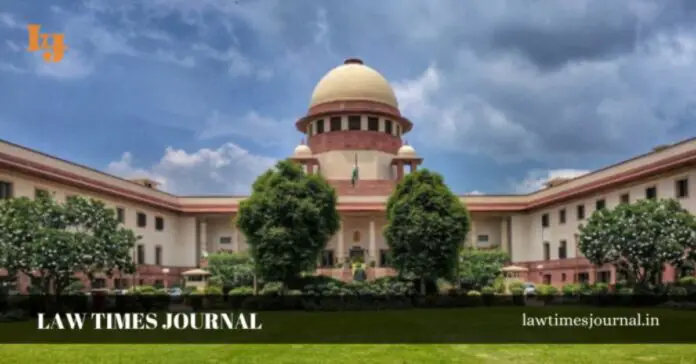
The apex court of India while hearing a civil appeal observed that while alleging fraud, misrepresentation, or undue influence in a civil suit the party has to make specific pleading in that context, which is mandatory in Order VI Rule 4 of Code of Civil Procedure.
The Supreme Court of India made this observation while hearing a civil appeal where the defendant in the suit alleged that the sale deed in an objection was obtained by fraud.
The court rejected the oral evidence led by the party because the specific pleadings regarding fraud were not mentioned in the written statement.
The bench comprising of Justices Hemant Gupta and V. Ramasubramaniam made the following observations, “… in terms of Order VI Rule 4 of the Code, in all cases in which the party pleading relies on any misrepresentation, fraud, or undue influence shall state the particulars with dates and items in the pleadings. The extract from the written statement or the plaintiff does not show that there is any pleading of misrepresentation or fraud”.
The Supreme Court ceased the right of the plaintiff to present evidence in the context of the sale deed by fraud. The court held that since the defendant did not plead fraud in a written statement, hence he now, cannot place evidence for the same.
The Hon’ble Court said, “the respondents have not alleged any fraud in their suit or in the written statement filed by appellant No. 1. The feigned ignorance about the nature of the document cannot be said to be an instance of fraud. In the absence of any plea or proof of fraud, respondent No.1 is bound by the written document on which he admitted his signatures and of his wife”.








